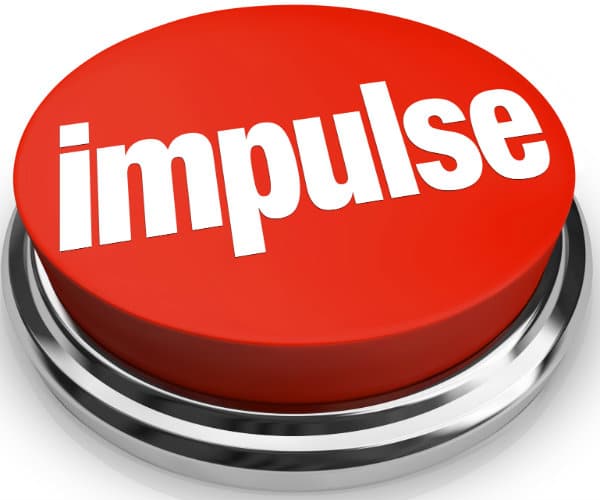Impulsivity is the tendency to act without thinking. What does it look like in children? All children are a little impulsive so when it happens once in a while, it can look like normal child behaviour. When it happens a lot, though, it looks like what it actually is: trouble with self-control.

How to spot Impulsivity in children:
Impulsivity doesn’t appear the same way in every child. And the behaviours can change as kids get older. When kids are impulsive, they might:
- Do silly or inappropriate things to get attention
- Have trouble waiting their turn in games
- Interrupt others while they are talking
- Grab things from people or push in line
- Overreact to frustration, disappointment, mistakes, and criticism
- Want to have the last word and the first turn
- Be aggressive toward other kids (biting, hitting or kicking is common in young kids)
- Not give much thought to how their words or behaviour affect other people
- Not understand the consequences of their actions
- Have trouble following rules consistently
Kids can be impulsive for lots of reasons. Sometimes, it’s merely a matter of maturity. Not all kids develop at the same rate. Some just take longer than others to gain the ability to stop and think before acting.
ADHD – and the difficulties in self-control that come with it – makes it hard for children to contain intense feelings. For instance, when a child with ADHD gets angry, he might react immediately by saying something mean or lashing out physically before he’s had the opportunity to process his feelings.
ADD and Impulse Control
ADD impacts the way the different regions of the brain communicate. That affects inattention, impulsivity, and emotional regulation.
Impulsivity impairs your ability to stop and think about the consequences before speaking or acting.
The thalamus area of the brain controls response inhibition. It works like a gate — sending signals to allow or stop behaviours.
When the brain detects a red flag, its limbic-hippocampal connections relay a warning from the thalamus to the frontal cortex. That’s the control centre of the brain that handles emotional expression and problem solving.
In ADD brains, the thalamus gate is broken. That means a person with ADD may struggle to:
- Hold back a comment that may hurt someone’s feeling
- Practice delayed gratification like eating unhealthy foods or spending money
“People without ADD have the ability to stop, mid-stream if they recognize a person is not smiling,” says Joel Nigg, Ph.D. “The child with ADD needs 20-30 milliseconds longer warning [to correct course], which is an eternity when it comes to behaviour control.”
When working with ADD children, it is important to keep in mind that their behaviour isn’t simple rudeness or lack of self-discipline. Instead, it is the result of a problem within the chemical signalling system of the brain.
It’s easy to make assumptions about what’s behind a child’s impulsive behaviour. For instance, if a child makes a rude remark, people might think the remark was intentionally insulting. But in a lot of cases, like with ADD, kids don’t mean to be rude or aggressive. They do need more help and practice, though, to learn to stop and think before acting. Cognitive Behaviour Therapy might help children with this.
For more information about helping your child with ADD, contact Anel Annandale at 083 711 5267 or via email at anel@childpsych.co.za.

